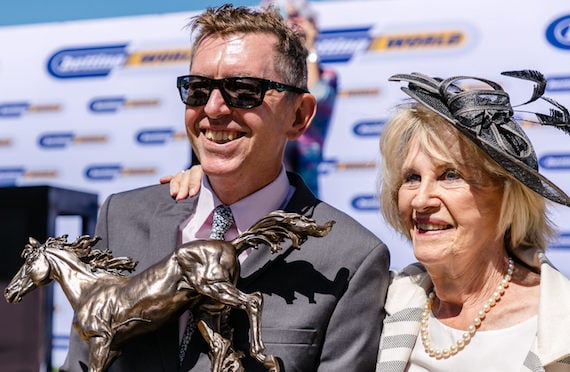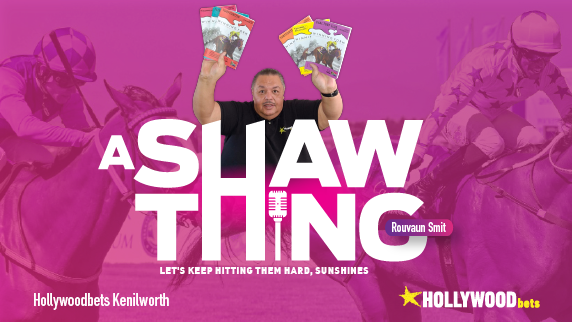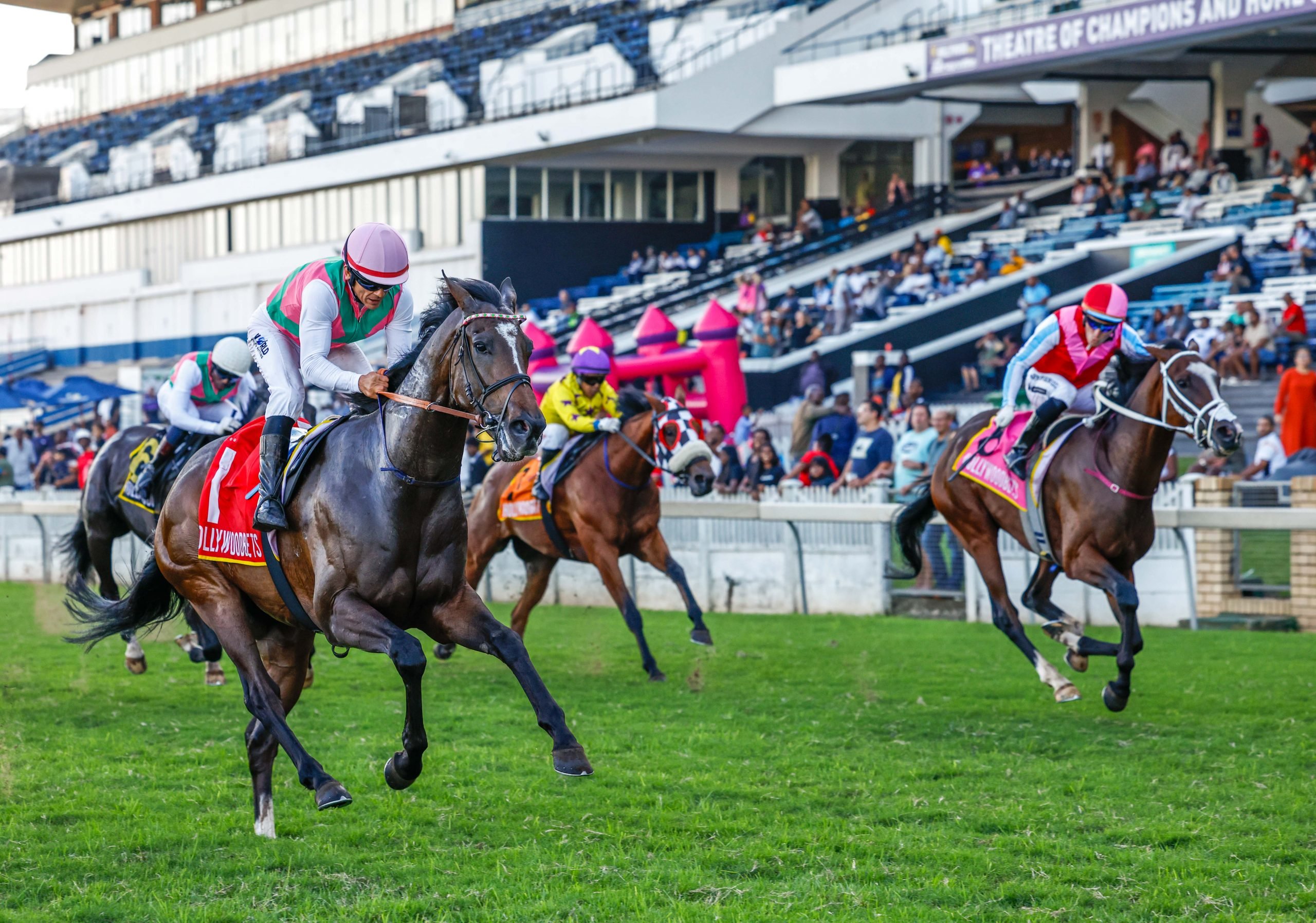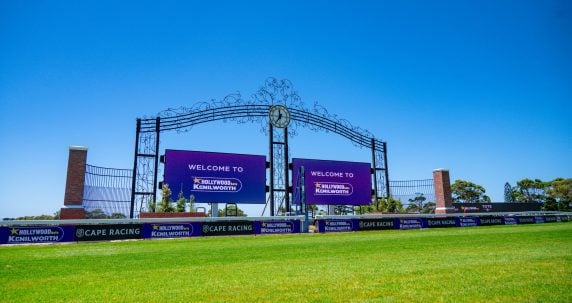We are reaping the harvest of decades of customer abuse/neglect. Every problem in racing, ultimately, is the product of lower betting turnovers. So, we can’t look at cash flows from auction sales, and not at the same time reference the limited prize money on offer.
Oscar Foulkes writes in the Sporting Post Mailbag that considering the state of the economy, as well as the travel restrictions for international buyers, Sunday’s CTS auction could have been a lot worse.

The writer and his Mum Veronica (photo: hamishNIVENPhotography)
Anyone taking a quick look at the upper end of the market might say that everything is just fine. However, that doesn’t take into account the bottom two-thirds of the lots that were sold below production cost.
This has profound implications for professional breeders, and ultimately the supply of the racehorses that will fill the fields that are the basis of betting turnovers. Or carry the colours of their owners to glorious victories.
We know that actions are being taken to get the industry as a whole onto a better footing. In that respect, we should all be issuing a daily prayer of gratitude to MOD for buying the industry a little more time.
We horse people are an eternally optimistic bunch. Not only do we have our beloved horses around us, but we look forward to the races they contest. It gets us through the worst of times.
But hope alone is not enough. We also need to be proactive.
I’ve accepted that – as vendors – we can’t be sure of winning the auction lottery, because in many ways that’s what an auction is at a time when buyers are few.
What I can’t accept is the punitive costs of NOT selling a horse. Entry and acceptance fees, plus commission, quickly add up to a sizeable amount of money.
In the case of sales held at a TBA facility, there is also a roughly R5000 per horse transport cost. If the horse doesn’t sell, then it’s the same again to get it back to the farm.
Until we can be sure of achieving better outcomes at auctions (certainly in the format that has become the norm), we have to find a better way of doing this.
On the subject of “a better way”, how is it that we find it so difficult to attract new people to share our passion?
Think about it: the depth of our feeling for our horses and our sport takes us way beyond the furthest edges of rationality. It must be a very special kind of pursuit if we are this committed.
The ‘burning platform’ of Phumelela’s business rescue and Covid made it easy to reduce prize money. While that was a short-term fix, there must be other big changes we can make in this time of crisis that will make the industry more sustainable.
We must plant the seeds for the harvests of the future.









